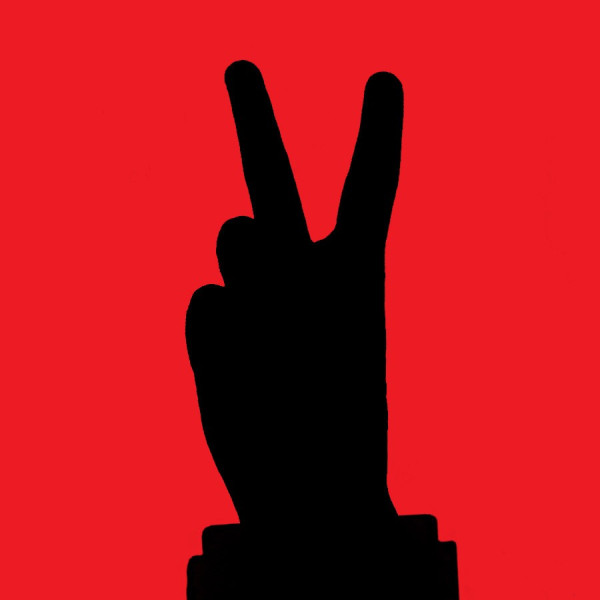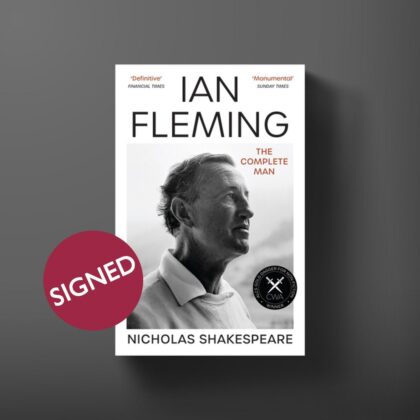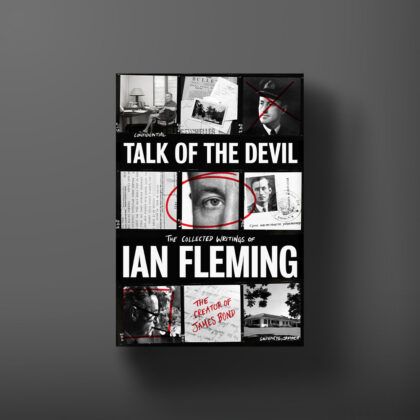BECOME A FLEMING INSIDER > JOIN HERE


In 1904, Ian’s father is commissioned as a Second Lieutenant in the Imperial Yeomanry and transfers into the Queen’s Own Oxfordshire Hussars four years later. Regimental summer camps are held at Blenheim Palace, where Valentine trains alongside Winston Churchill and his brother Jack. Churchill is the sitting Member of Parliament for Dundee, the hometown of Valentine’s father and in 1910, Valentine joins his good friend in Westminster as MP for Henley. When Valentine heads over the Channel to serve in the War, he writes home to his friend Winston in 1914. His is the first territorial unit to see action at the first battle of Ypres.
‘Imagine a broad belt, ten miles or so in width, stretching from the Channel to the German frontier near Basle, which is positively littered with the bodies of men… in which farms, villages, and cottages are shapeless heaps of blackened masonry; in which fields, roads and trees are pitted and torn and twisted by shells.’
On 20th May 1917, Valentine, now the regiment’s commanding officer, is killed in action in the Somme, aged 35. He is initially laid to rest in a ruined garden at Sainte-Emilie. Churchill visits the grave to pay his respects soon after and pens his good friend’s obituary in The Times. A copy of the obituary, inscribed by Churchill, hangs in Ian’s bedroom throughout his life:
He never for a moment flagged or wearied or lost his spirits. Alert, methodical, resolute, untiring he did his work, whether perilous or dull, without the slightest sign of strain or stress to the end. ‘We all of us,’ writes a brother officer, ‘were devoted to him.’
The loss to the regiment is indescribable. He was, as you know, absolutely our best officer, utterly fearless, full of resource, and perfectly magnificent with his men. His passion in sport was deer stalking in his much-loved native Scotland. He rode well and sometimes brilliantly to hounds and was always a gay and excellent companion.
He had everything in the world to make him happy; a delightful home life, active interesting expanding business occupations, contented disposition, a lovable and charming personality. He had more. He had that foundation of spontaneous and almost unconscious self-suppression in the discharge of what he conceived to be his duty without which happiness, however full, is precarious and imperfect. That these qualities are not singular in this generation does not lessen the loss of those in whom they shine.

